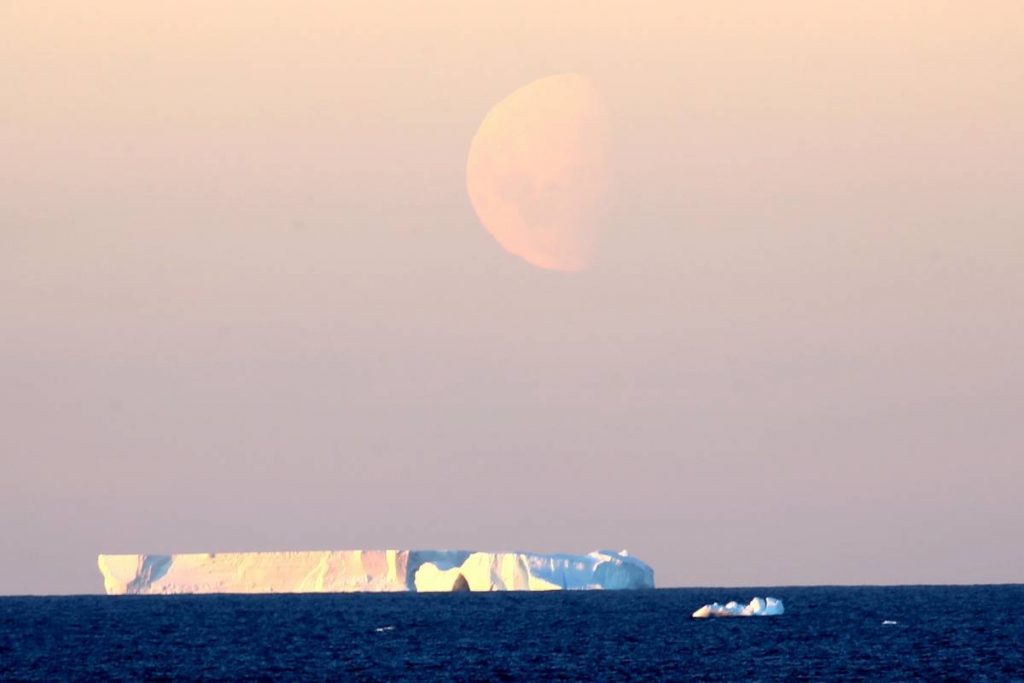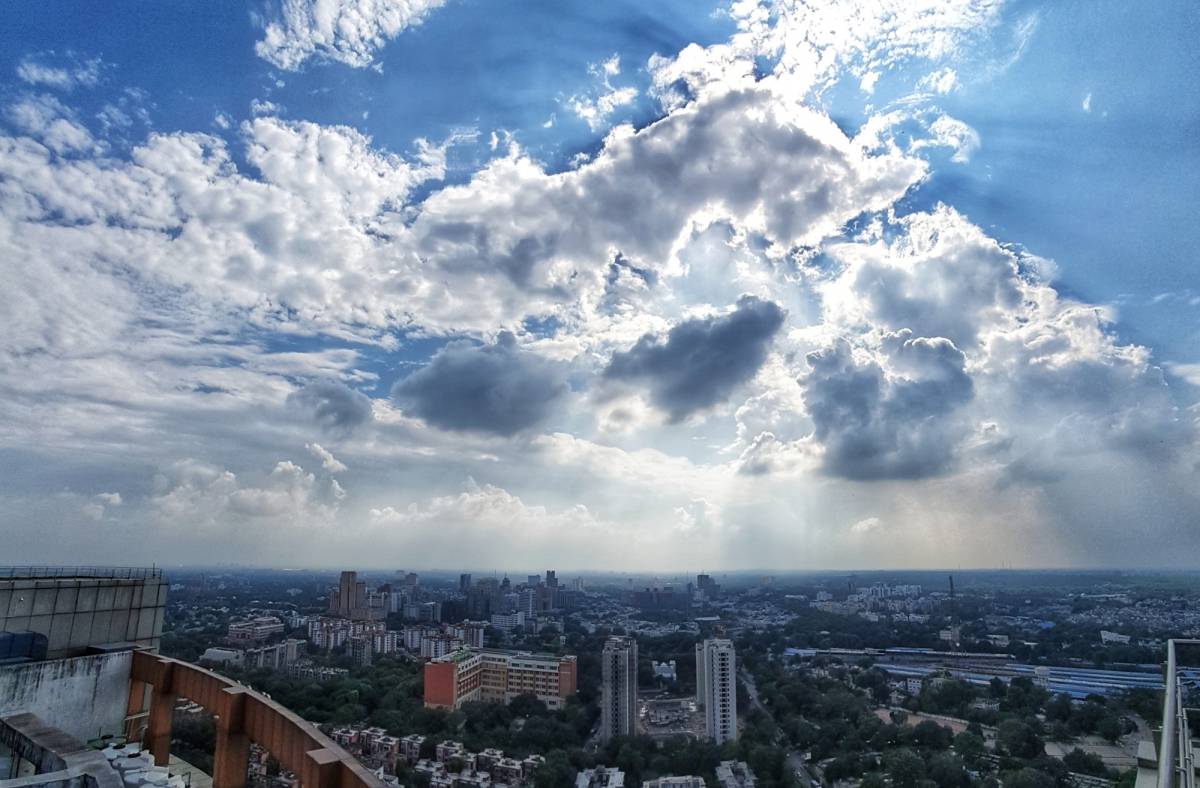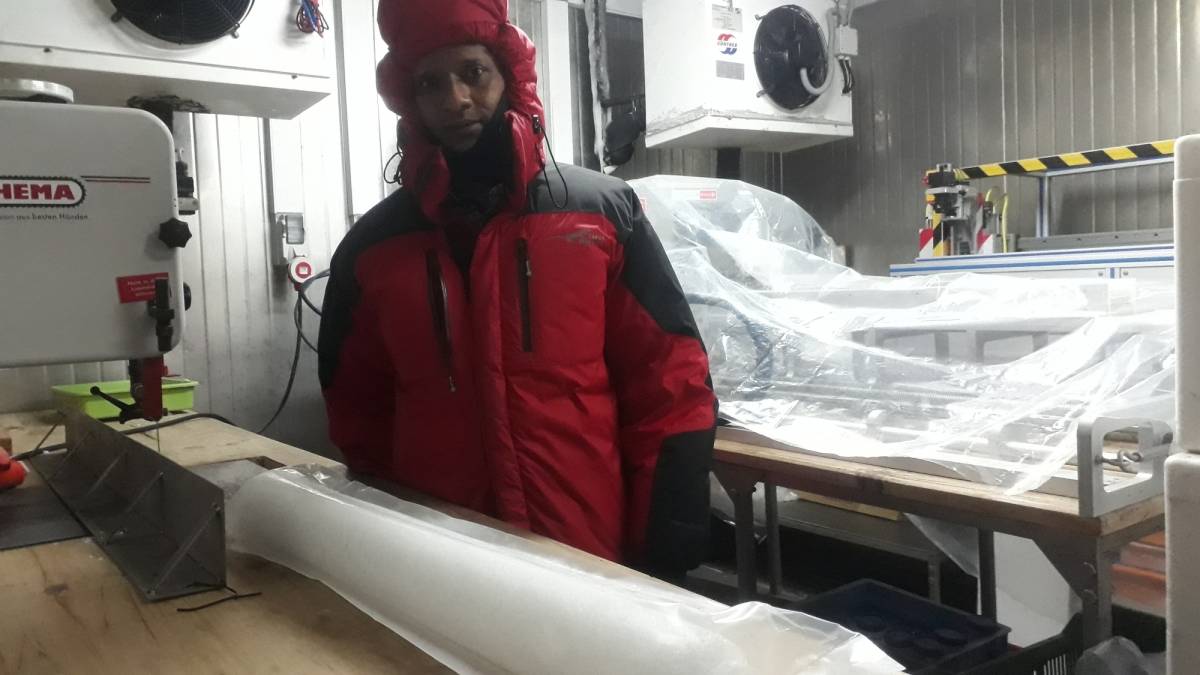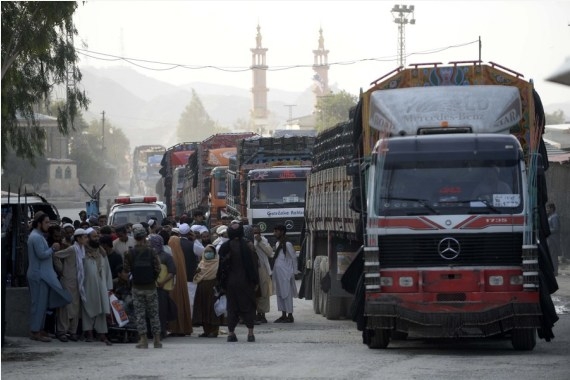One simulation indicated that by the end of this century global sea-level rise caused by the melting of the West Antarctic Ice Sheet would increase 20 percent by the water expulsion mechanism…reports Asian Lite News.
The global sea-level rise caused by the melting of the West Antarctic Ice Sheet is likely to increase by 20 percent by the end of this century, researchers have warned.
The global sea level rise linked to melting of the West Antarctic Ice Sheet has been significantly underestimated in previous studies, meaning sea level in a warming world will be greater than anticipated, said researchers from Harvard University in the US.
The study, published in the journal Science Advances, made new calculations, referred to as a water expulsion mechanism.
This occurs when the solid bedrock the West Antarctic Ice Sheet sits on rebounds upward as the ice melts and the total weight of the ice sheet decreases. The bedrock sits below sea level so when it lifts, it pushes water from the surrounding area into the ocean, adding to global sea level rise.

One simulation indicated that by the end of this century global sea level rise caused by melting of the West Antarctic Ice Sheet would increase 20 per cent by the water expulsion mechanism.
The new predictions showed that in the case of a total collapse of the ice sheet, global sea level rise estimates would be amplified by an additional metre within 1,000 years.
“The magnitude of the effect shocked us. Previous studies that had considered the mechanism dismissed it as inconsequential,” said Linda Pan, from the varsity.
“If the West Antarctic Ice Sheet collapsed, the most widely cited estimate of the resulting global mean sea level rise that would result is 3.2 metres,” added Evelyn Powell, graduate student at the varsity.
“What we’ve shown is that the water expulsion mechanism will add an additional metre, or 30 per cent, to the total,” said Powell.
The researchers noted their calculations show that, in order to accurately estimate global sea level rise associated with melting ice sheets, scientists need to incorporate both the water expulsion effect and the mantle’s low viscosity beneath Antarctica.
“Sea level rise doesn’t stop when the ice stops melting,” Pan said. “The damage we are doing to our coastlines will continue for centuries.”
Also Read-AL WEEKEND – Global Warming Arrives in Mumbai
Read More-‘Antarctica: The Last Frontier’













